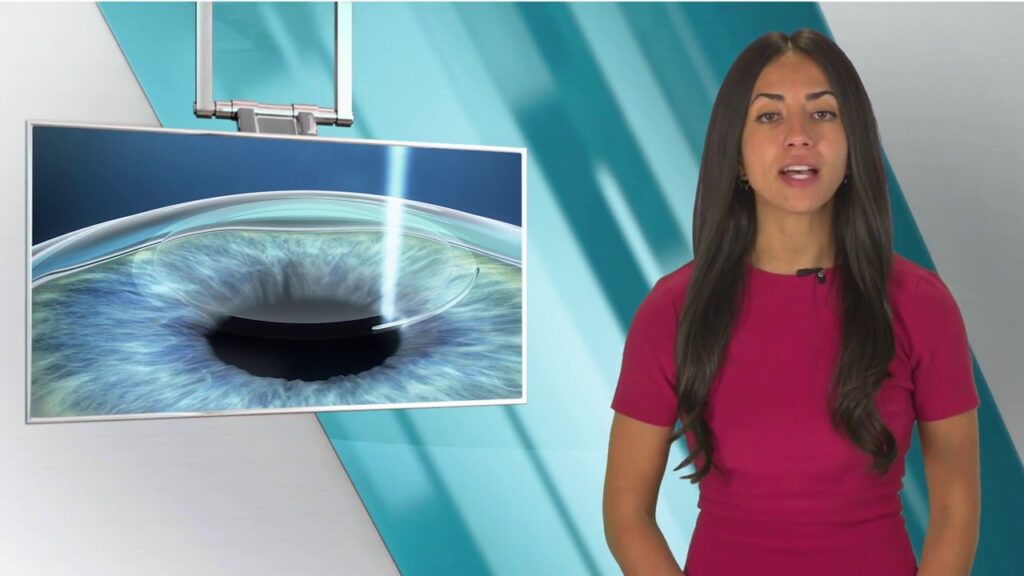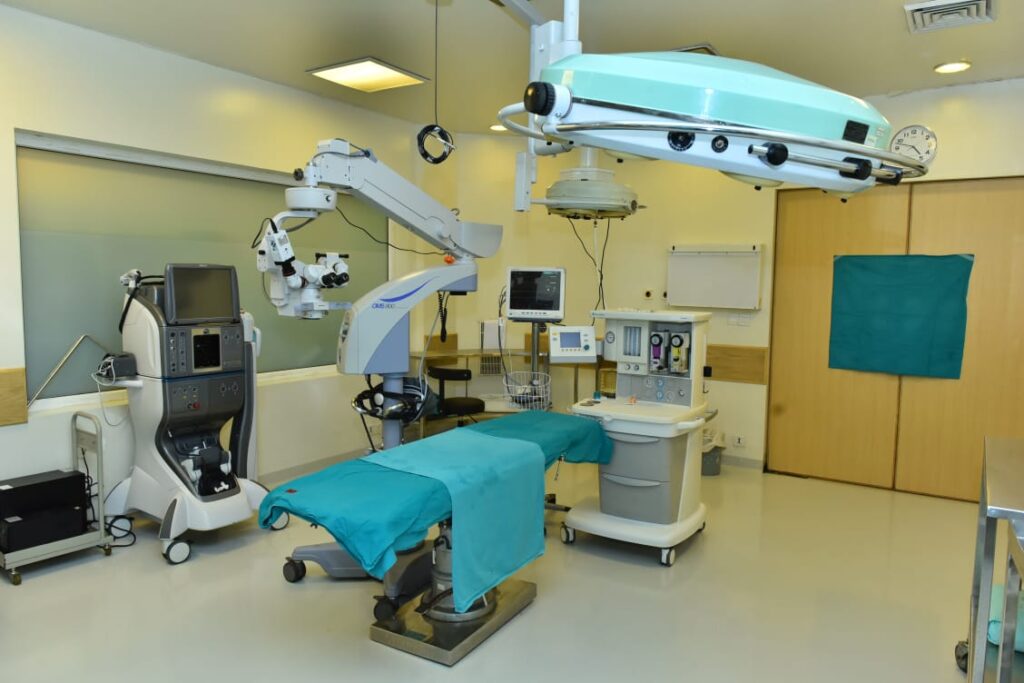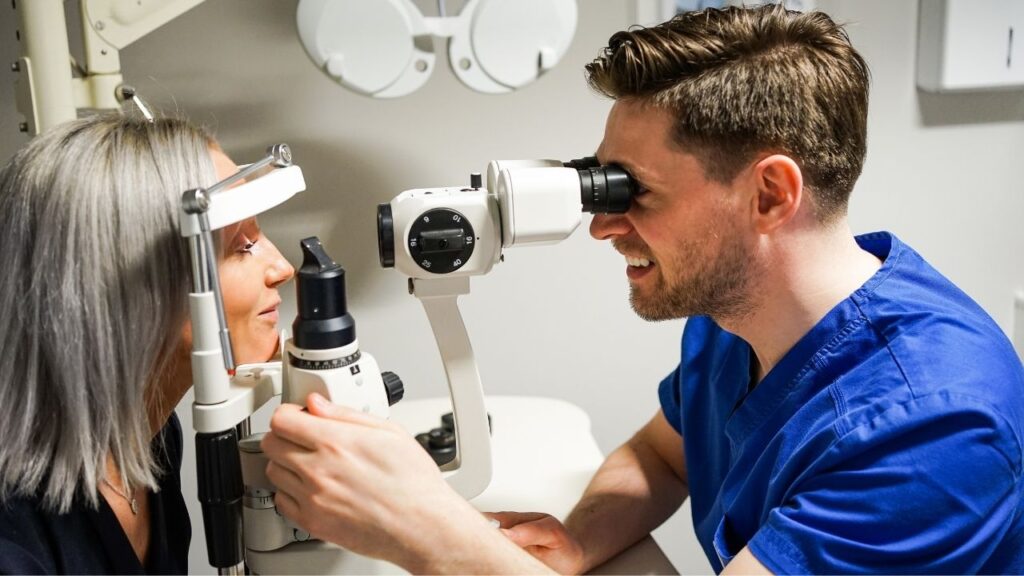Cataracts are a common age-related eye condition that can significantly impact one’s vision. Fortunately, cataract surgery is a highly effective procedure that can restore clear vision. During cataract surgery, the cloudy natural lens of the eye is removed and replaced with an artificial intraocular lens (IOL). While traditional monofocal IOLs can provide excellent vision at a single distance, some individuals may opt for a more versatile solution: implantable contact lenses (ICLs). In this article, we’ll explore the longevity of ICLs and how long they typically last after cataract surgery.
Understanding Cataract Surgery
Before delving into the durability of implantable contact lenses, let’s briefly discuss cataract surgery. Cataracts occur when the natural lens of the eye becomes cloudy, causing vision impairment. Cataract surgery involves the removal of this cloudy lens and its replacement with an artificial lens called an intraocular lens or IOL. Traditional monofocal IOLs are set to provide clear vision at a specific distance, often chosen to optimize distance vision while still requiring reading glasses for close-up tasks. Learn more is laser eye surgery a good option for vision correction?

Implantable Contact Lenses (ICLs)
Unlike traditional monofocal IOLs, implantable contact lenses offer a more versatile vision correction solution. These specialized lenses can be used to correct a range of vision problems, including myopia (nearsightedness), hyperopia (farsightedness), and astigmatism. ICLs are placed inside the eye during cataract surgery, just like traditional IOLs.
The longevity of implantable contact lenses is a common concern for individuals considering this option. ICLs are typically designed to be permanent, and they do not degrade over time. They are made from biocompatible materials that are well-tolerated by the eye, and they are intended to provide clear vision for a lifetime.
However, it’s essential to note that while the ICL itself is designed to last indefinitely, the success and longevity of your vision correction may depend on other factors. For example, the health of your eyes, changes in your prescription, or the development of other eye conditions could potentially impact your vision over time.

Regular Eye Check-ups
To ensure the continued success of your vision correction with implantable contact lenses after cataract surgery, it’s crucial to schedule regular eye check-ups with your ophthalmologist. These check-ups allow your eye doctor to monitor the health of your eyes, assess your vision, and make any necessary adjustments to your ICLs or address any emerging issues promptly.
Conclusion
Implantable contact lenses (ICLs) are a long-lasting solution for vision correction after cataract surgery. While the lenses themselves are designed to be permanent and durable, the overall longevity of your vision correction may depend on various factors, including the health of your eyes and changes in your prescription. Regular eye check-ups and communication with your eye care provider are essential to ensure that your vision remains clear and comfortable in the years following cataract surgery. If you’re considering ICLs as an option for your cataract surgery, consult with your ophthalmologist to determine if they are the right choice for your specific needs and vision goals.

